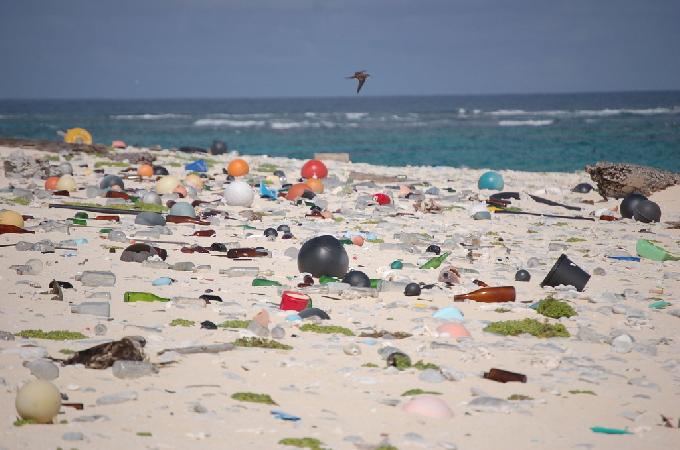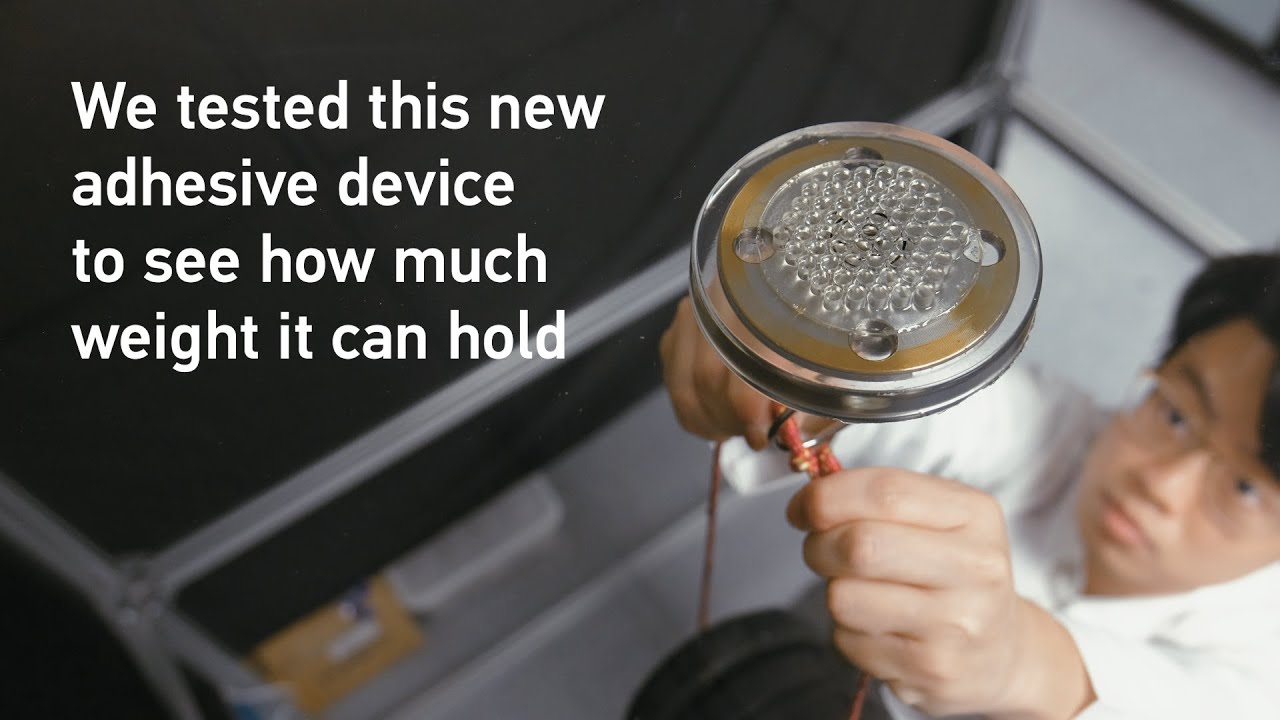We all know how plastic pollution is affecting our lands, waterways, and oceans. According to a study by the National Center for Ecological Analysis and Synthesis, global production of plastic has increased from 2 million metric tons in 1950 to 380 million metric tons in 2015.
If this current trend continues, by 2050 we will have produced 34 billion tons of plastic, which is about 100 times greater than the weight of all the humans on the planet.
The European Union exports its plastic waste to China, but China decided to stop importing any foreign recyclable materials from January of this year. Considering the problem of getting rid of plastic waste, EU officials are looking for ways to change the way products are produced, designed and recycled.
To fight with this issue, the EU has pledged to eliminate single-use plastics — all plastic packaging throughout Europe will be reusable or recyclable by the year 2030. They have also allotted £310 million ($438 million) for research into the development of new, more easily degradable and cleaner recyclable plastic.
Frans Timmermans, vice-president of the Brussels Commission, said, “Single-Use plastics … take five seconds to produce, you use it for five minutes and it takes 500 years to break down again.”
“The Chinese decision is undoubtedly a big challenge, but let’s turn that challenge into an opportunity. If we don’t do anything about this, 50 years down the road we will have more plastic than fish in the oceans.”
He added, “It’s urgent because of the change in the Chinese position. We can’t export these plastics anymore to China. The knee-jerk reaction is that we will have to burn or bury it here. Let’s use this opportunity to show we can also recycle it here.”







